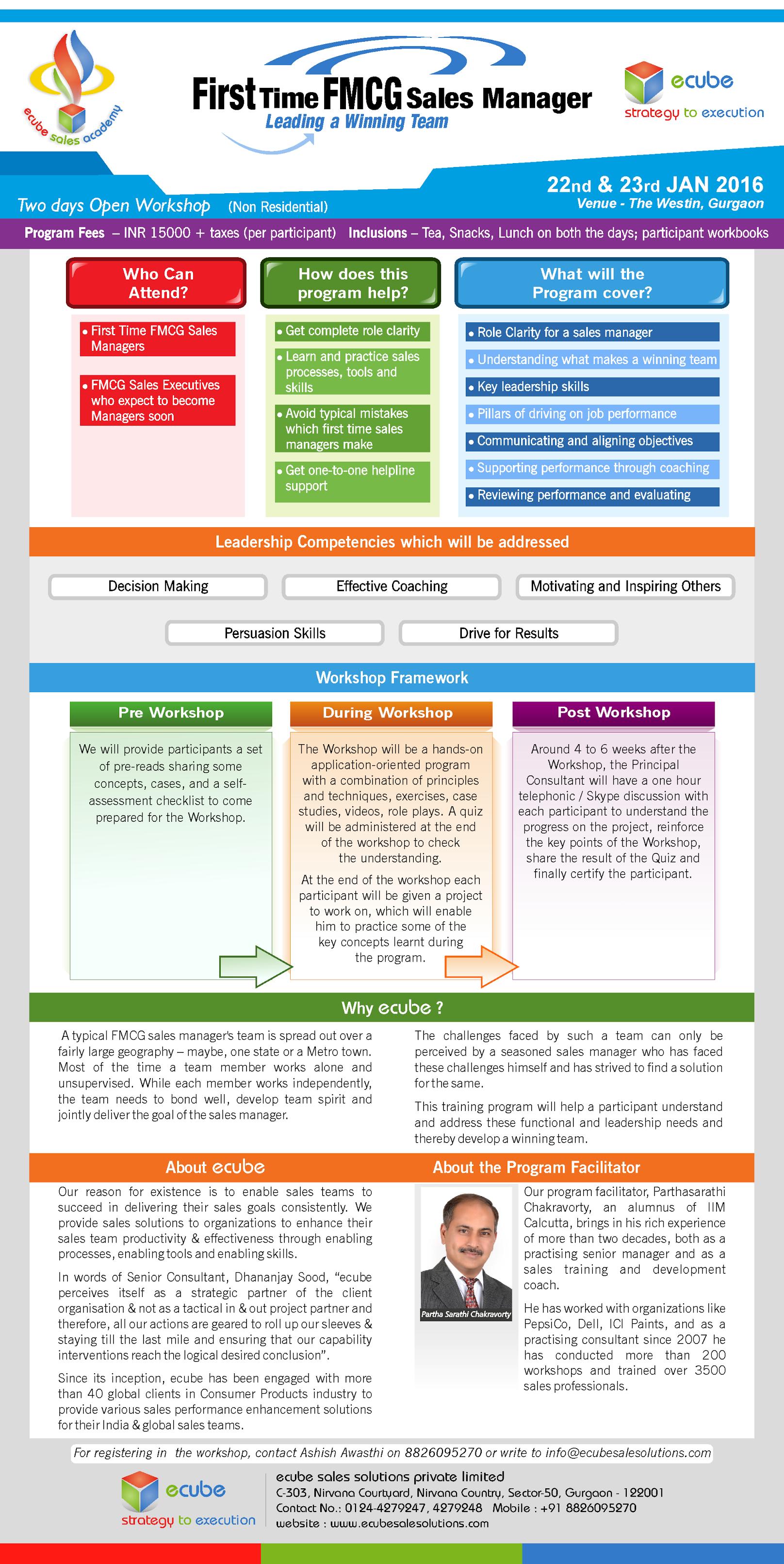

This affects team dynamics and team synergy.

More than simply managing people in your new leadership role, you’re also managing the environment in which you work. 5 Design systems and processes to help the team get work doneĭesigning an optimal work environment is going to help you and your team keep organized, productive and effective. This means practicing good meeting and office etiquette. This means that when a team member is speaking to you, you’re not on your phone, you’re not peeking at your email, you’re not organizing your desk… You’re simply listening and showing the individual that you are present. Make sure that when you sit down with your team, you allow them to take the floor and give all of your attention to whatever they are discussing. In order to be a good manager, you need to have a great ability to listen to your team members, understand their interests, ideas, opinions, concerns, and challenges that they each face in their jobs, respectively.
First time manager training pro#
Pro tip: Schedule regular 1:1 meetings to get to know your team members individually, in terms of what they’re interested in and what motivates them. Getting down to what truly motivates each employee is really critical if you want to drive optimal results across that entire team.” “What motivates you as an employee might not motivate your team members. In an interview that Fellow conducted with Sara Varni, CMO at Twilio, she explains the importance of motivating and developing your team: Your employees will be assigned to tasks that they’re actually interested in and therefore, your team will be more productive when working on tasks that they enjoy. Taking the time to build a work relationship with your team and to understand what motivates each person on your team is going to be mutually beneficial. 3 Know what motivates each individual on your team Of course, some responsibilities will remain on your to-do list but anything outside of your scope needs to be delegated and entrusted with your team. Consider your team’s skills and most prominent strengths to determine which employees will be best suited for the tasks that need to be completed. No matter how big or small the task at hand is, it’s important to leave your ego at the door and recognize that there aren’t any great managers who can do it all. 2 Learn to delegateĪny good manager or team leader needs to understand which tasks they can take on and which ones they should be delegating to their team members. But for some reason, in business, sometimes we close ourselves off to this idea of learning,” said Michael Litt.

“Athletes spend a ton of time practicing and developing new skills, and their mind is open to that. Looking for gaps to fill or areas where growth is necessary or more effective is going to set aside good from great managers. So, in the pursuit of getting 1% better every single day, over your career, you’re going to be super valuable to not only the people that work with you, but also the ecosystem that builds around you.” “The first step to becoming a Supermanager is recognizing that you might never be that. CEO of Vidyard, Michael Litt shares this advice in an interview conducted with Fellow, where he discusses why managers should act as athletes: A first-time manager needs to adopt a growth mindset.


 0 kommentar(er)
0 kommentar(er)
